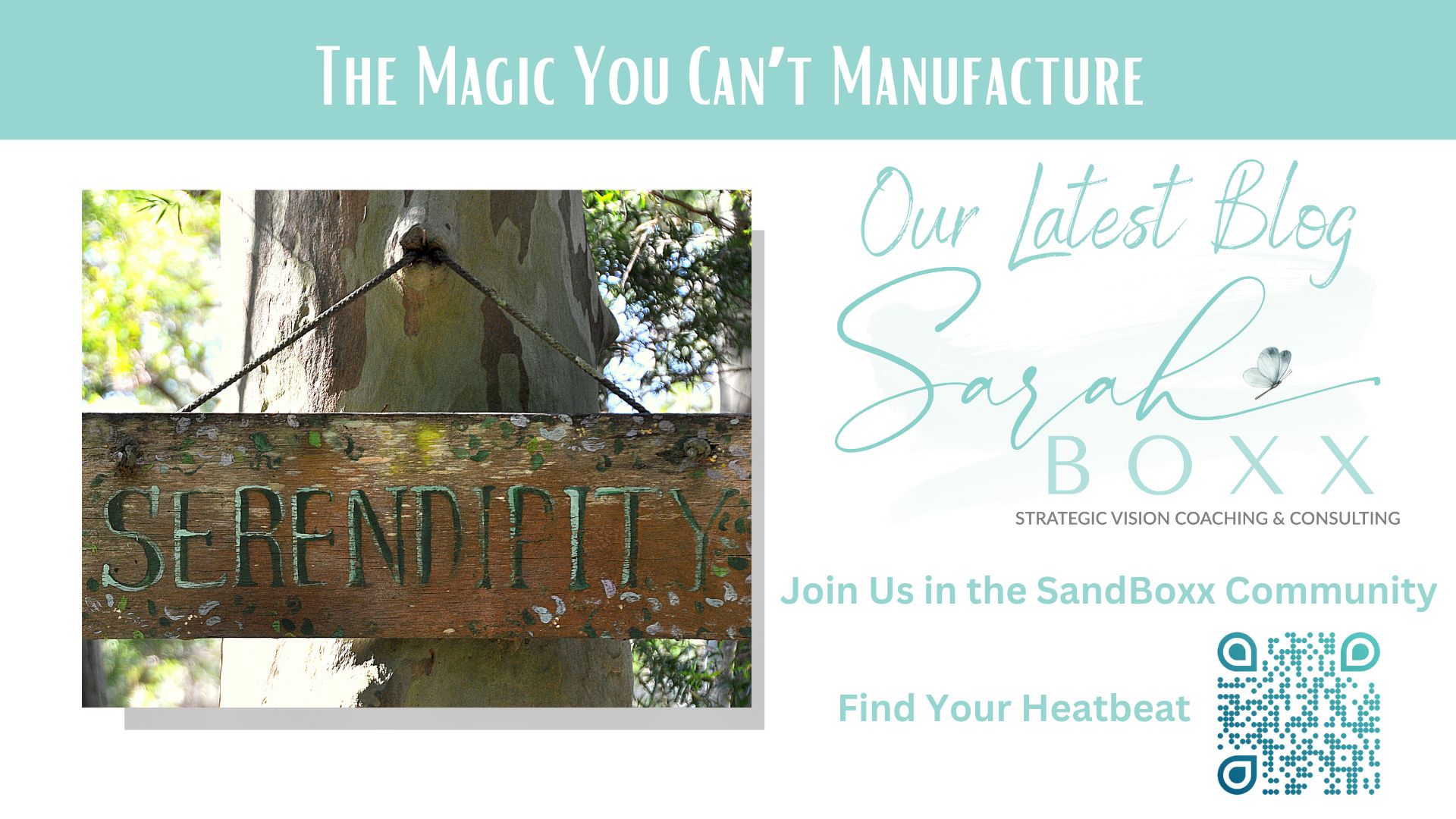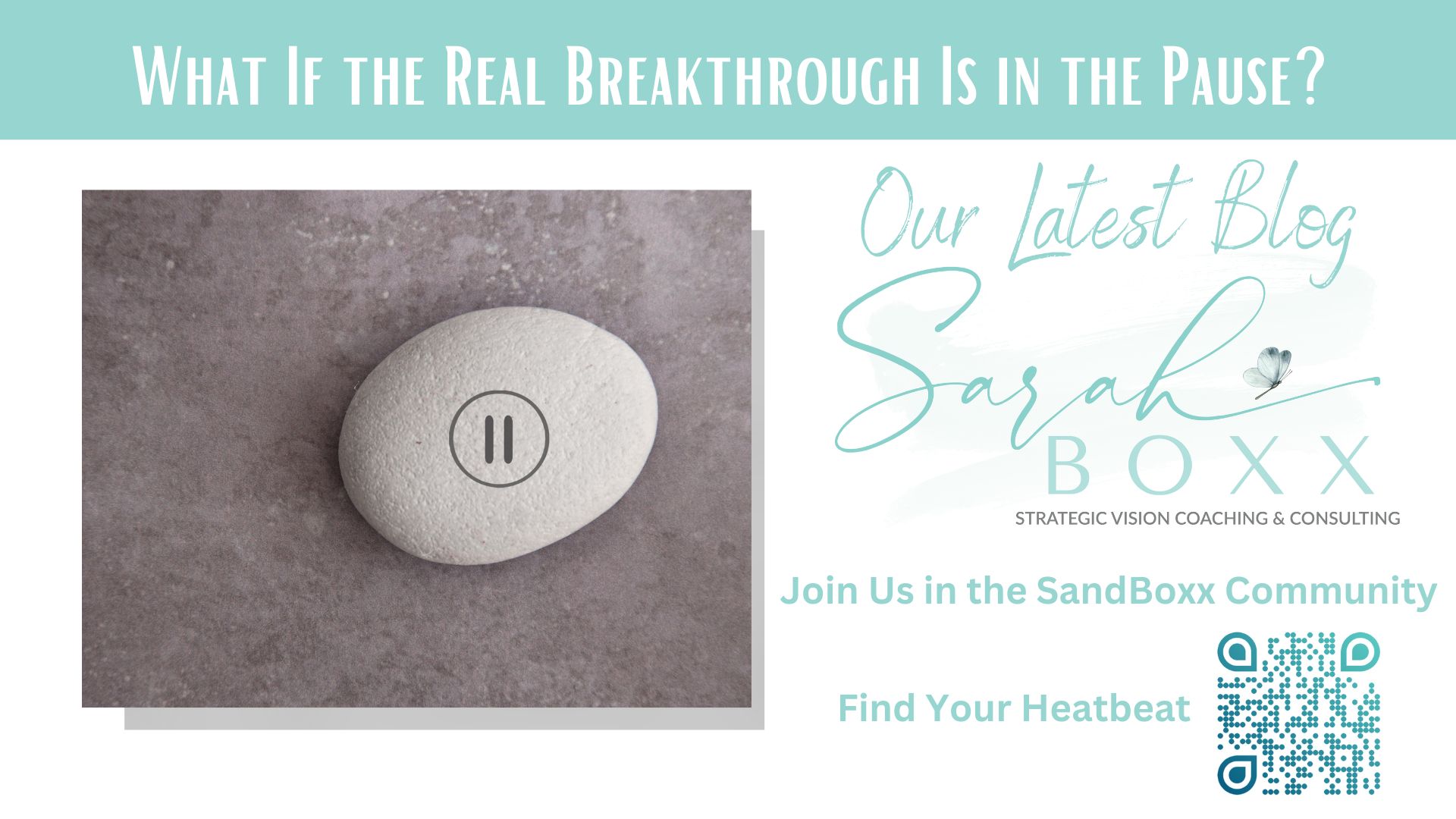Let me ask you something…
When life gets tough and your stress levels are high, are you the kind of person who takes these moments as an opportunity for rest? Or do you tend to dig your heels in a little deeper, making a firm resolution to white-knuckle and work your way through the hard season?
While I’d like to say I’m good at recognizing the signs of chronic stress and allowing for time and space to rest and restore, I have to be honest, I’ve spent most of my life following the second path. Partly because I was numb and unaware of my stressors, and partly because “getting ‘er done, all hands on deck, at any cost…” was celebrated and rewarded.
This is a common experience for many individuals.
Living with chronic stress has become something of an epidemic. So many of us live perpetually in this state of constant overwhelm that it can be easy to forget what life without constant, chronic stress even feels like.
When stress is left unmanaged or ignored, it can lead to some pretty unfortunate consequences, affecting everything from our physical health to our relationships with others.
So, what can we do?
The first step is awareness. We can’t manage stress if we aren’t first aware of its presence. Stress can manifest in a variety of ways. Just because you don’t “feel” stressed, doesn’t mean that it isn’t present in your life. Here are a few symptoms of stress to be on the lookout for:
- Physical symptoms: Headaches, poor sleep, hair loss, unexplained weight changes, stomach aches, chronic fatigue, etc.
- Mental/Emotional symptoms: Mood swings, panic attacks, anxious thoughts, irritability, etc.
Once you’ve identified a few key ways you are manifesting stress, it’s important to ask yourself,
“What situations, places, and/or relationships are triggering these stress responses?”
While we can’t avoid all of life’s stressors – remember, some of those stress triggers are meant for our survival, there are some things we can do to mitigate the impact stressful situations have on us. Here are a few ideas to get you started:
- Plan Ahead:
The impact of planning cannot be overstated. Planning allows us to consider the circumstances and tasks in our life that might cause stress and create a strategy to reduce the impact of that stress.This could look like getting honest about the stress that you let in out of habit or fear of disappointing someone else, or a sense of obligation.If you can remove, avoid, or mitigate the stressor, do it. It will be uncomfortable at first because you are changing a habitual pathway. Live with the short-term discomfort for the long-term improvement in wellbeing.
If you must participate in certain activities or typically stressful events try to reframe how you think about them.
Is there an opportunity for growth somewhere? Can you schedule them for times in the day/week when you are more apt to handle the situation well? For example, someone who identifies as a morning person might choose to address issues earlier in the day when they have the most energy.
Planning could also mean considering what resources you’ll need to navigate stressful situations. For example, if you need to have a hard conversation with a loved one, you may plan to have a friend come along for support or schedule a time to “practice” your conversation ahead of time.
- Think About Your Environment
The mind and body are very reactive to the physical environment that surrounds us. This is a great asset when it comes to stress management. Things like aromatherapy or certain types of music can have a profound impact on stress levels.
Pay attention to your five senses. What sights, sounds, and smells help you feel a sense of calm or relaxation?
For me, lavender essential oils and instrumental music are my best friends. So are a clear workspace and a good view of nature.
- Take Restorative Breaks:
Note that I added the word “restorative.”
It’s not enough to simply take a break. In fact, some “break time” activities actually cause more stress.
For example, social media scrolling (a go-to activity for many seeking a quick mental break in the day) has been shown to cause heightened feelings of stress and anxiety in its users. (Next time you’re in your feed or looking through others’, pay attention to your mental chatter. Are you making comparisons and writing mental lists of all the things you need to do now to “keep up?”)
Choose activities that truly calm your mind and body. Instead of grabbing that cell phone, consider going for a walk, picking up a book, or chatting with an encouraging, upbeat friend.
- Establish Boundaries:
Put your stressors in a box…figuratively.
As I said, we cannot eliminate all stress from our lives, but we can (and should) put boundaries around the way in which we engage with them. This could look like setting time limits or having a buddy to tackle stressful situations with you. Be courageous and honest about assessing how you feel, what you think, and take care of YOU first.
How well do you manage your stress? Have you put thought into which tools and strategies might help you in dealing with life’s daily stressors?
I’m hosting a workshop with Neil Bindemann, unpacking how his SmartTracker app can help you to better understand your personal stressors and support your own emotional well-being. Click HERE to learn more!
RESOURCES:
https://naturemed.org/the-importance-of-stress-reduction-in-overall-health/
Article was contributed by: Maria Lees, Team Writer with Sarah Boxx




